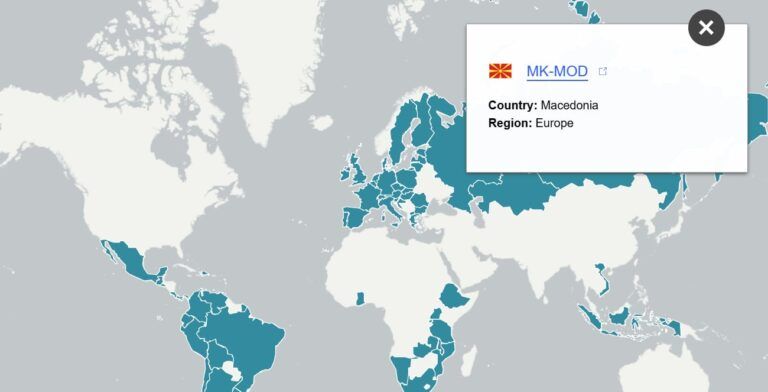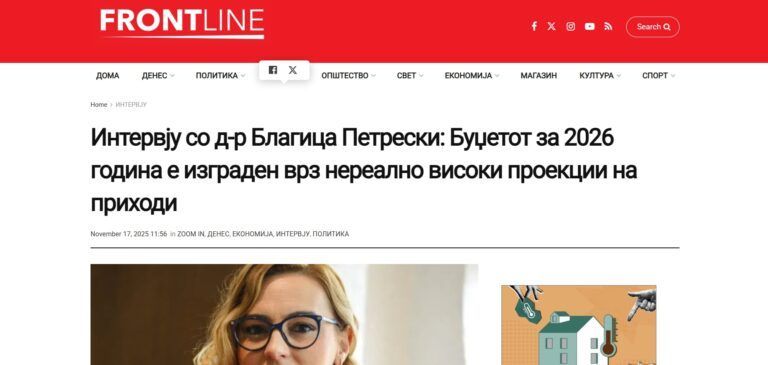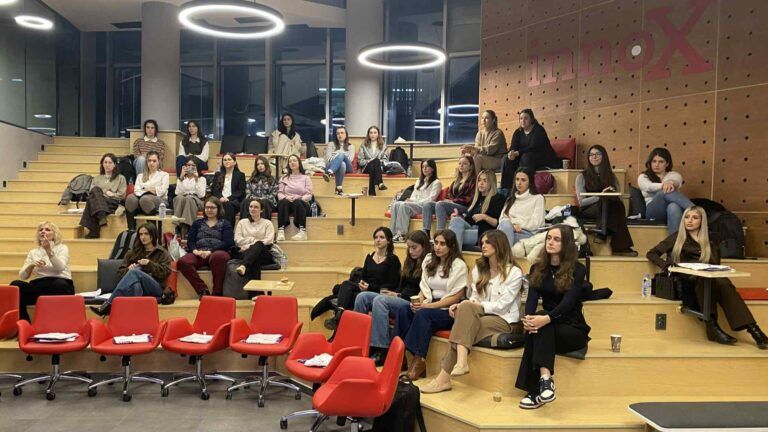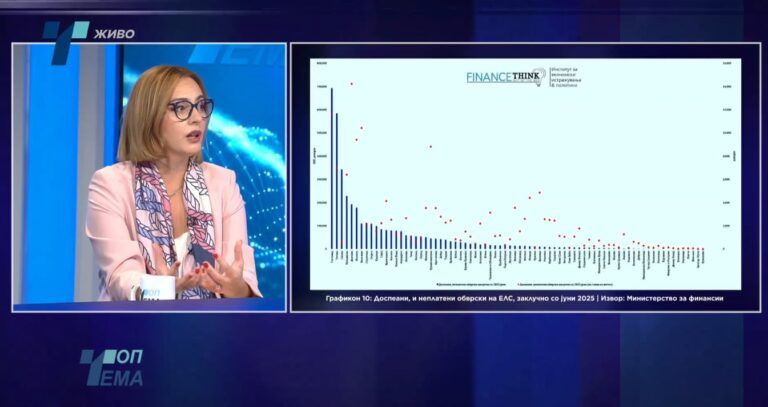Metamorphosis participated in the CarGrow 2.0 workshop in Bitola
On November 19, 2025, at the premises of Europe House Bitola, a local workshop of CarGrow 2.0, the civil alliance that monitors and supports the implementation of the Reform Agenda and the Growth Plan, was held. The workshop aimed to present the role of CARGrow 2.0 as a civil alliance for monitoring reforms and to […]
The post Metamorphosis participated in the CarGrow 2.0 workshop in Bitola first appeared on Metamorphosis.









